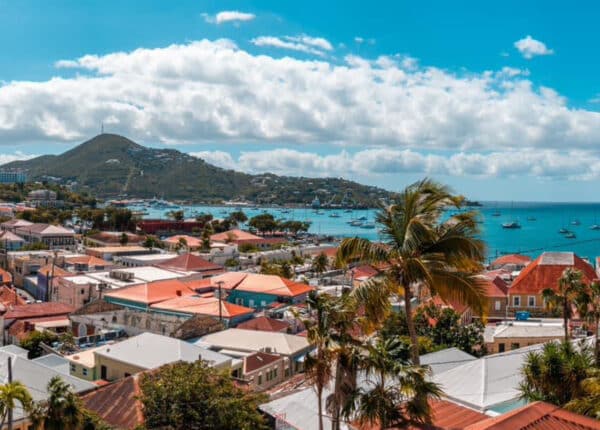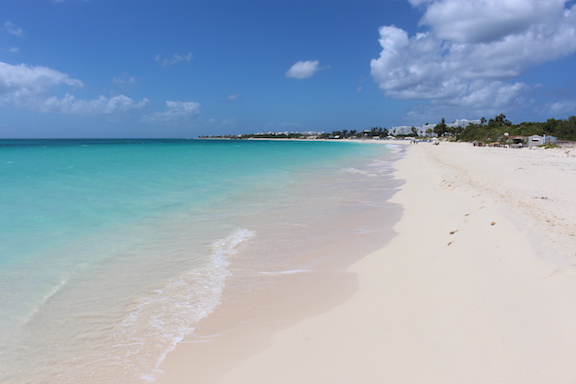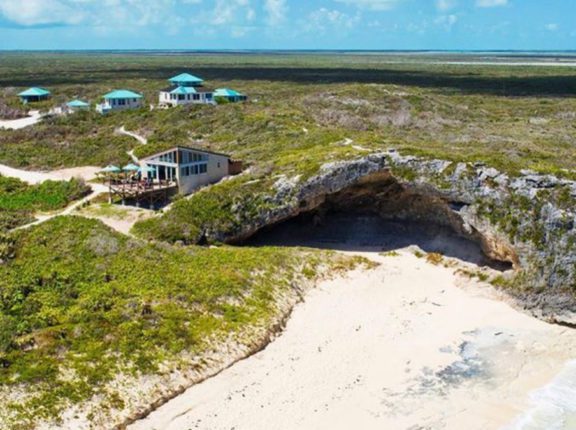Op-Ed: Measuring Sustainability in the Caribbean Tourism Industry
By Julio Orozco and Tevin Gall
Op-Ed Contributors
Recent research has proven that increasing numbers of today’s tourists are concerned with environmental and social responsibility in the management practices of their chosen destinations.
According to data collected by the Centre on Ecotourism and Sustainable Development (CESD) and the International Ecotourism Society (TIES), “it is important to the vast majority of [tourists] that their trip not damage local ecosystems. They are interested in patronising hotels that are committed to protecting the local environment, and increasingly view local environmental and social stewardship as a responsibility of the businesses they support.”
According to additional research on tourism demand published by the International Labour Organisation (ILO), “Sustainable Tourism is the paradigm of the future, the basis for attraction as well as a determining factor of the destinations’ competitiveness. The adoption of Quality Norms and Environmental Sustainability Certification is driven by National Programmes and is increasingly influenced by international markets. Such is the growth of regional standardisation.”
That’s why the Directorate of Sustainable Tourism at the Association of Caribbean States is dedicated to supporting the implementation of sustainable practices in the management of tourism destinations in their Member and Associate Member States through the establishment of the Sustainable Tourism Zone of the Greater Caribbean.
The first of its kind, the STZC is an initiative aimed at achieving collective sustainability in the region’s tourism sector, specifically in the selected destinations highlighted in each of the Zone’s members.
This hinges primarily on the application of fourteen (14) indicators (found in the table along with the areas that they address), informed by principal tenets of sustainability as well as various standards in the way of environmental, social, cultural and economic criteria as specified in the Convention on the establishment of the STZC, ratified in November 2013, conceived with the consultancy of the Global Sustainable Tourism Criteria (GSTC), the United Nations World Tourism Organisation (UNWTO) among other partners.
Sustainable Tourism Indicators, Association of Caribbean States
Sustainable Tourism Zone of the Greater Caribbean
The idea of establishing a regional standard of sustainability based on adherence to a list of agreed-upon principles leads to a collective, overall elevation of quality of the tourism product issued from the region.
Additionally, it allows for a more complete and responsible utilisation of the rich and varied resources of the Greater Caribbean region, in turn, impacting said region with the necessary tools to ensure the longevity of the region’s resources.
Furthermore, upholding these indicators is linked to increasing the competitiveness of the ‘Caribbean brand’ of tourism, unique in its environmental, linguistic and cultural offerings.
The adoption of and adherence to the aforementioned standards in destination management practices will certainly enhance the efforts of the STZC to gain global validation and recognition both by its peers and by potential investors, enhancing the product’s marketability and therefore, competitiveness in the global tourism market, as the product becomes more attractive to tourists.
This can only serve to strengthen the economies of the Greater Caribbean and to boost the impact of each member’s tourism industry on its own economy.
According to Tearfund (2000), “With increasing competition in the industry, the companies that dare to become more ethical and respond to [the] unmet consumer demand [of increased social and environmental responsibility] will be able to gain a competitive edge.”
Additionally, sustainable practices would allow the STZC countries access to niche markets populated by tourists with a demand for sustainable tourism products who are willing to pay a little more to visit these destinations.
Also noteworthy of mention is the role of the individual destinations’ institutions –hotels, stores, restaurants, etc. –in maintaining the established sustainability standards of the overall territory to which they belong. In addition to natural attractions, much of tourism activity is dependent upon these institutions and as a result, the upholding of said standards relies heavily on their responsible and ethical management.
On reaching the goal of total adherence to the indicators by all of the destinations within the Zone, an inclusive marketing initiative would now be possible, and perhaps even efforts at certification, promoting the STZC as a truly unified space whose resources are managed in accordance with the standards of sustainability.
Sustainable management of tourism destinations has indeed become an increasingly necessary fixture in the current tourism and hospitality industry. It is the hope of the ACS that the nations of the Greater Caribbean region acknowledge the importance of subscription to the sustainability indicators, in order that we can soon stand alongside other regions in adopting these crucial steps towards greater sustainability, longevity of our tourism product and consequently, increased competitiveness and marketability.
Julio Orozco is the Director of Sustainable Tourism of the Association of Caribbean States and Tevin Gall is the Research Assistant of the Directorate of Sustainable Tourism.
Note: the opinions expressed in Caribbean Journal op-eds are those of the author and do not necessarily reflect the views of the Caribbean Journal.







